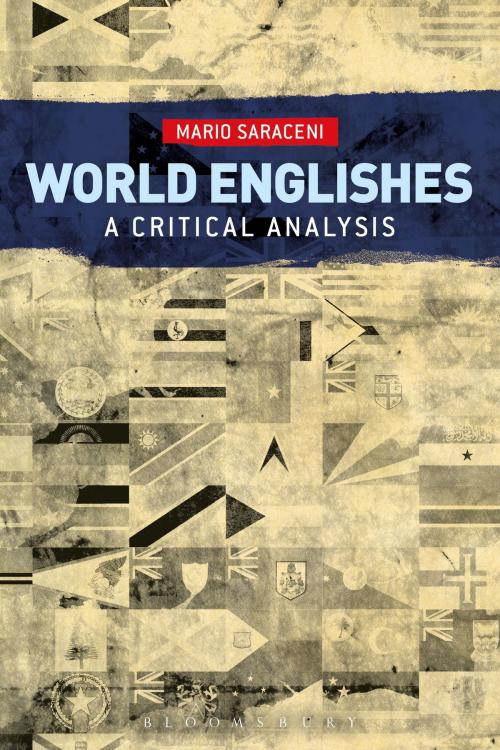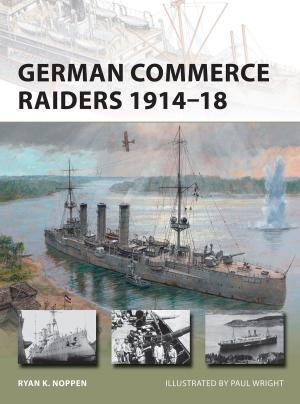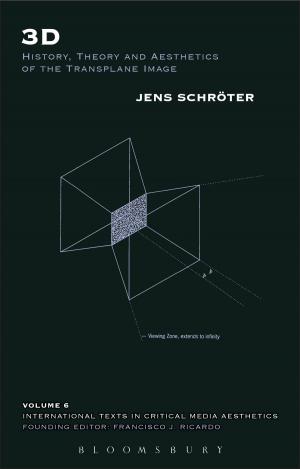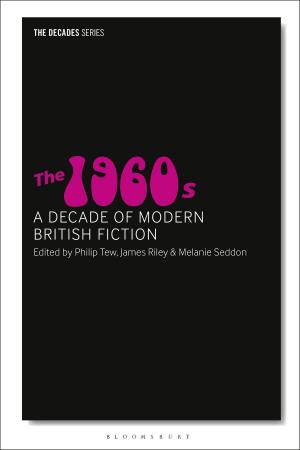| Author: | Dr Mario Saraceni | ISBN: | 9781623564520 |
| Publisher: | Bloomsbury Publishing | Publication: | February 26, 2015 |
| Imprint: | Bloomsbury Academic | Language: | English |
| Author: | Dr Mario Saraceni |
| ISBN: | 9781623564520 |
| Publisher: | Bloomsbury Publishing |
| Publication: | February 26, 2015 |
| Imprint: | Bloomsbury Academic |
| Language: | English |
Winner of the BAAL Book Prize 2016
The field of "World Englishes" takes on ever more importance in the modern era. Mario Saraceni's World Englishes: A Critical Analysis looks at the developments in the field from a critical perspective. It examines the historical, linguistic, ideological and pedagogical aspects in the study of the ever-evolving forms, roles and statuses of English around the world. The principal aim is to offer a critical overview of the field in order both to inform readers about the main issues at stake and to challenge established positions and descriptive/analytical paradigms.
The book has four sections, each of which reviews established accounts and offers alternative perspectives on those. "History†? considers representations of the evolution of 'old English' and 'new Englishes' and begins to unveil the strong link between conventional accounts and ideological motivations. "Language†? critically examines the traditional notion of 'difference' in the description of varieties of English, and discusses more recent orientations which aim to describe English as a lingua franca and the phenomenon of language hybridity. "Ideology†? examines ideological debates around the presence and status of English in the world, such as linguistic imperialism, language ownership and language ecology. The final section, "Pedagogy†? discusses pedagogical implications, such as the choice of appropriate 'models' of English and considers the possibility of teaching English as a fully de-anglicised language.
Winner of the BAAL Book Prize 2016
The field of "World Englishes" takes on ever more importance in the modern era. Mario Saraceni's World Englishes: A Critical Analysis looks at the developments in the field from a critical perspective. It examines the historical, linguistic, ideological and pedagogical aspects in the study of the ever-evolving forms, roles and statuses of English around the world. The principal aim is to offer a critical overview of the field in order both to inform readers about the main issues at stake and to challenge established positions and descriptive/analytical paradigms.
The book has four sections, each of which reviews established accounts and offers alternative perspectives on those. "History†? considers representations of the evolution of 'old English' and 'new Englishes' and begins to unveil the strong link between conventional accounts and ideological motivations. "Language†? critically examines the traditional notion of 'difference' in the description of varieties of English, and discusses more recent orientations which aim to describe English as a lingua franca and the phenomenon of language hybridity. "Ideology†? examines ideological debates around the presence and status of English in the world, such as linguistic imperialism, language ownership and language ecology. The final section, "Pedagogy†? discusses pedagogical implications, such as the choice of appropriate 'models' of English and considers the possibility of teaching English as a fully de-anglicised language.















